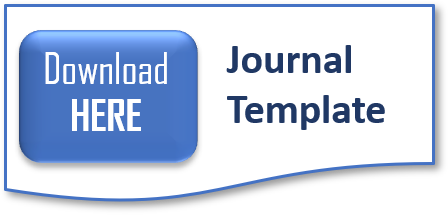Optimizing Google Classroom for Student Fulfillment
DOI:
https://doi.org/10.59934/jaiea.v4i3.1082Keywords:
Google Classroom, Technology Optimalization, Digital Education, Learning Platform, Online LearningAbstract
In recent years, Google Classroom has become one of the most widely used learning platforms, especially since online learning began to be widely implemented. This study attempts to explore how Google Classroom can be maximized to support students' learning process more effectively. Through direct observation, interviews with teachers and students, and a review of the use of its features, it was found that this platform actually has great potential. When used appropriately. For example, to share materials, give assignments, and open discussion spaces. Google Classroom can help students learn in a more structured and independent way. Even so, challenges remain, especially regarding uneven internet access and lack of technical understanding among teachers. From this it can be concluded that optimizing Google Classroom is not just about technology, but also about readiness and comprehensive support from various parties.
Downloads
References
Amin, A. K. (2017). Conceptual study of Blended Learning Based Learning Model Web to improve learning outcomes and motivation. Journal Of Education Edutama, 4(2), 51–64.
El Fauziah, U. N., Suryani, L., & Syahrizal, T. (2019). Application Of Google Classroom In English Learning To Junior High School English Teachers In Subang. Abdimas Siliwangi, 2 (2), 183. https://doi.org/10.22460/as.v2i2p183-191.3281.
Hapsari, S. A., & Lastly, H. (2019). Utilization Of Google Classroom As An Online Learning Media At Dian Nuswantoro University. Discourse: the scientific journal of Communication Sciences, 18 (2), 225-233. https://doi.org/10.32509/wacana.v18i2.924.
Hidayat, M. T., Junaidi, T., & Jacob, M. (2020). Development of Blended Learning Learning Model in improving students ' understanding of the oral tradition of Aceh. 25(3), 401–410.
Ibda, H., & Laeli, D. N. (2021). Student learning outcomes during the Covid-19 pandemic through a study Home Visit at MI Salafiyah Kranggan. At-Thullab: Journal Of Teacher Education Madrasah Ibtidaiyah, 5 (1), 12. https://doi.org/10.30736/atl.v5i1.451
Jaini, Hilda Hirmaliza Hertin, Mazruatun Nisfiyati, M. I. (2021). Application Of The Method Bland Learning Learning in improving understanding of the concept of results Student Learning: A Meta-Analysis. Learning Mathematics And The Study Of Mathematics, 5 (1), 48-63.
Lestaria Simvony, Y., Budi Santosa, A., & Nugroho, W. (2021). Peran Orang Tua dalam Blended learning menuju nilai-nilai Karakter mahasiswa di masa Pandemi Covid-19. ZAHRA: Jurnal Riset dan Pemikiran Sekolah Dasar Islam, 2(2), 134–https://doi.org/10.37812/zahra.v2i2.249
Downloads
Published
How to Cite
Issue
Section
License
Copyright (c) 2025 Journal of Artificial Intelligence and Engineering Applications (JAIEA)

This work is licensed under a Creative Commons Attribution-NonCommercial-ShareAlike 4.0 International License.











